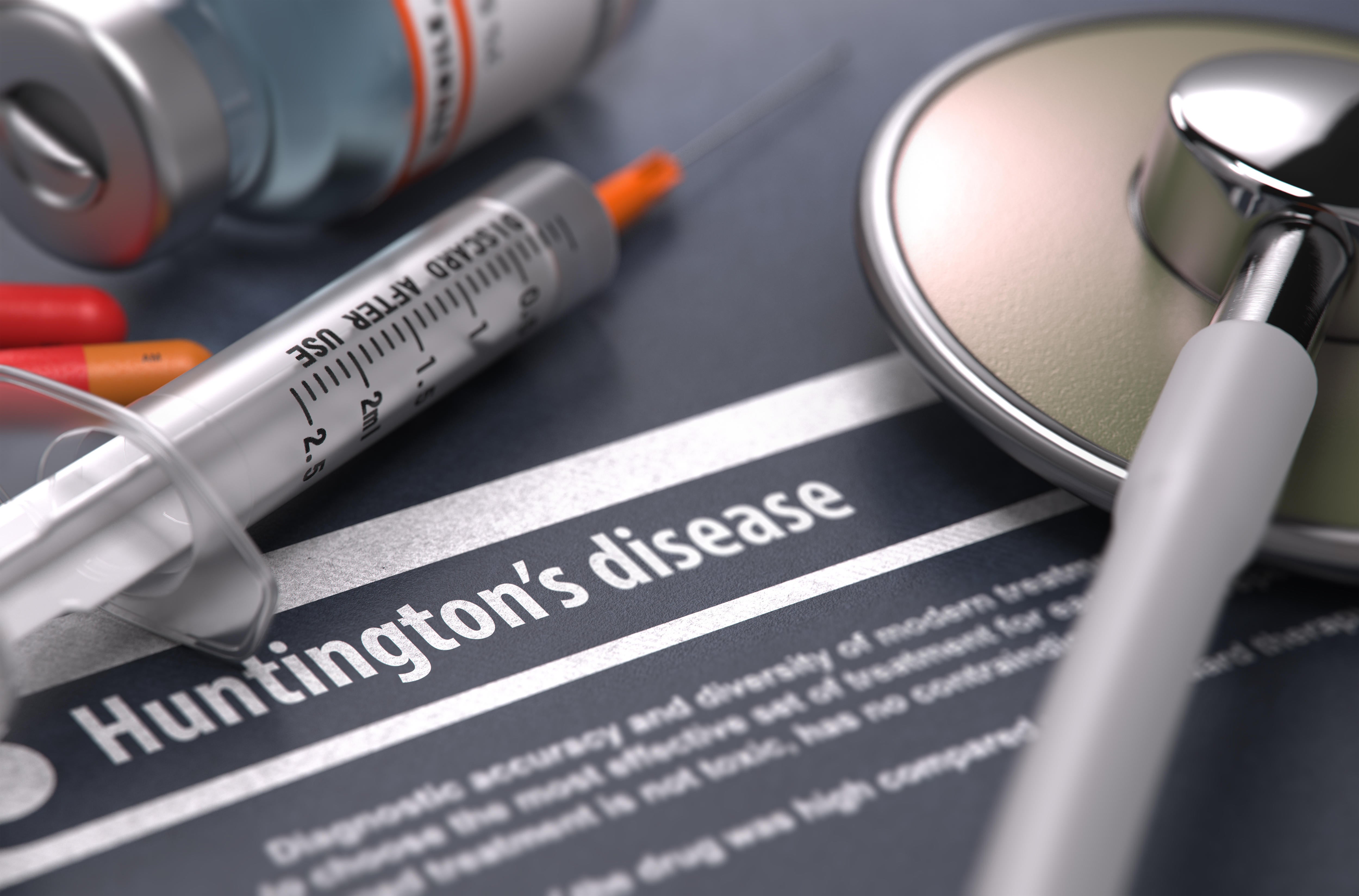Everything you need to know about the progressive brain disorder Huntington’s disease
Symptoms of Huntington’s disease usually develop between ages 30 and 50, but they can appear much earlier, hears Liz Connor.

Your support helps us to tell the story
From reproductive rights to climate change to Big Tech, The Independent is on the ground when the story is developing. Whether it's investigating the financials of Elon Musk's pro-Trump PAC or producing our latest documentary, 'The A Word', which shines a light on the American women fighting for reproductive rights, we know how important it is to parse out the facts from the messaging.
At such a critical moment in US history, we need reporters on the ground. Your donation allows us to keep sending journalists to speak to both sides of the story.
The Independent is trusted by Americans across the entire political spectrum. And unlike many other quality news outlets, we choose not to lock Americans out of our reporting and analysis with paywalls. We believe quality journalism should be available to everyone, paid for by those who can afford it.
Your support makes all the difference.Being diagnosed with Huntington’s disease, a progressive brain disorder caused by a single faulty gene, is a life-changing event.
But even though around 8,000 people in the UK have the condition, according to the Huntington’s Disease Association, and a further 32,000 are estimated to be at high risk of inheriting it, many of us know very little about it.
To find out more about Huntington’s – which causes changes to both a person’s physical and mental health, and for which there is currently no cure – we asked experts to give us the lowdown on the condition, its symptoms and causes.
What is Huntington’s disease?
“Huntington’s disease affects the central nervous system and is caused by a faulty gene passed down through families,” explains Saffron Barham, communications manager at the Huntington’s Disease Association.
It’s a genetic disease by nature, and research suggests that each child of a parent with Huntington’s has a 50% chance of inheriting it. This means that some siblings may get it, while others might not.
Getting a diagnosis can be a challenging time, as Barham explains the disease “changes the whole person – body, mind and behaviour”.
She adds: “While symptoms usually begin between the ages of 30 and 50, they can start at any age, and there are approximately 100 young people in the UK who have Juvenile Huntington’s disease – a rare form of the condition.”
What are the symptoms?
Huntington’s is a degenerative condition, meaning symptoms will develop over time, but the most common sign is uncontrolled movement of the arms, legs, head, face and upper body.
“As it affects the brain, people may notice Huntington’s affecting their thoughts and feelings. For example, it may become harder for them to concentrate or problem-solve, or it could cause mood swings or depression,” says Sushma Baral-Sharma, clinical service manager at Bupa’s Beacher Hall Care Home in Reading.
Baral-Sharma, who cares for many patients with the disease, explains: “Physical symptoms can start off as a slight impairment in someone’s mobility or speech, swallowing or movements. These can then progress to involuntary moment of the arms, legs and body – a symptom known as ‘chorea’ – or difficulty in moving.”
It can also exhibit itself through problems with speaking, swallowing or breathing, and it often leads changes in mood, like depression, anxiety, and anger and irritability.
Does if affect family planning?
People with a known family history of Huntington’s disease may understandably be concerned about whether they could pass the Huntington gene on to their children.
Genetic testing can help you to understand your own personal risk, and a genetic counsellor can talk you through your options if you’ve tested positive for the disease.
In this case, some people consider pre-natal testing and IVF where the embryos are tested for presence of the Huntington’s gene before they are implanted in the womb.
What treatment and support is available?
While there is currently no ‘cure’ for Huntington’s, Daniela Nica, a registered general nurse from Bupa’s Beacher Hall Care Home, says there are things that people can do to alleviate the symptoms.
“For example, occupational therapy and physiotherapy can help maintain people’s movement and balance, while speech and language therapy can help with difficulties communicating or eating.
“A GP will also help signpost a person who has been diagnosed with Huntington’s to the support available, and will refer them to various specialists as required. Involvement from neurology teams is important too.”
She adds that there are a range of medications to help with the symptoms, and specialists will have to tailor these to each individual. “Especially in the later stages of the condition, full-time care is often required, and some care homes provide specialist care for people with Huntington’s.”
The Huntington’s Disease Association provides various services to people who are affected by the disease, including a specialist advisory service, online support and local support groups – you can find out which services are available in your area by visiting their website.
Above all, Nica stresses that there is no shame in reaching out for this support, and it can have a positive impact on the lives both of the individual and those caring for them.
Plus, she says that with the right care and support, people still live can live a long and meaningful life with Huntington’s – up to 20 years after the initial symptoms appear.
“It’s a progressive condition, meaning it gets worse over time, and is typically considered a terminal disease – but every part of the care plan is centred around making the individual as comfortable as possible.”
Speak to your GP for advice if you’re worried you might have symptoms of Huntington’s disease – especially if someone in your family has or had it.